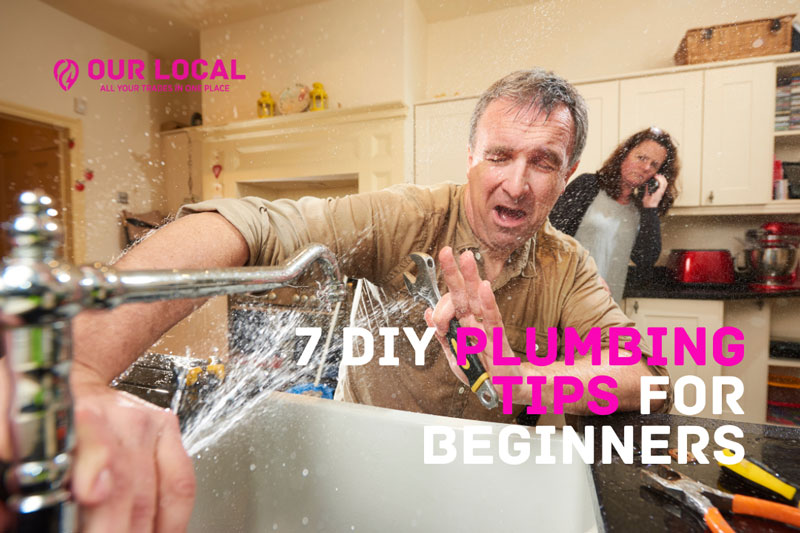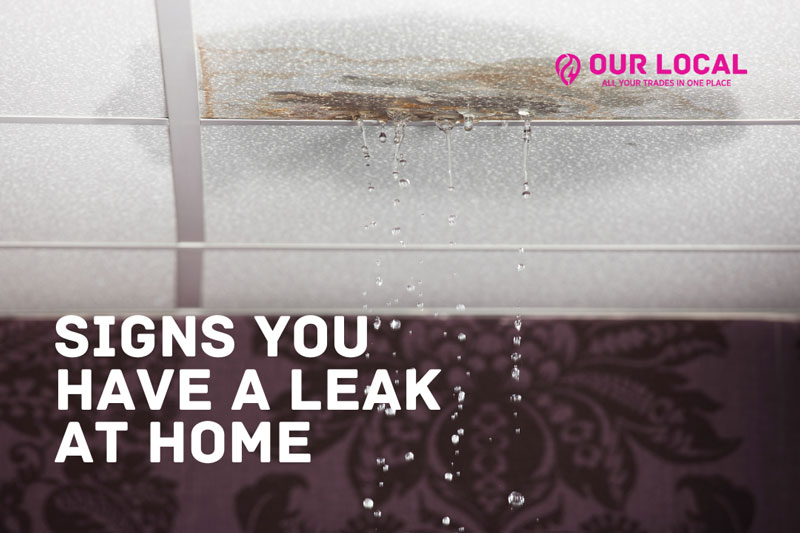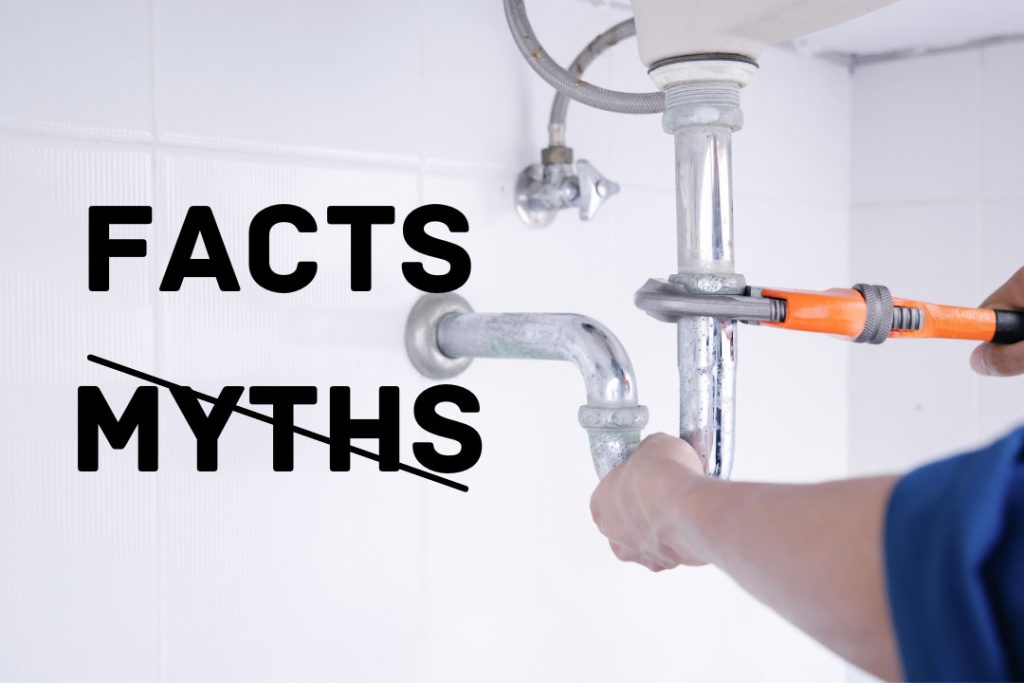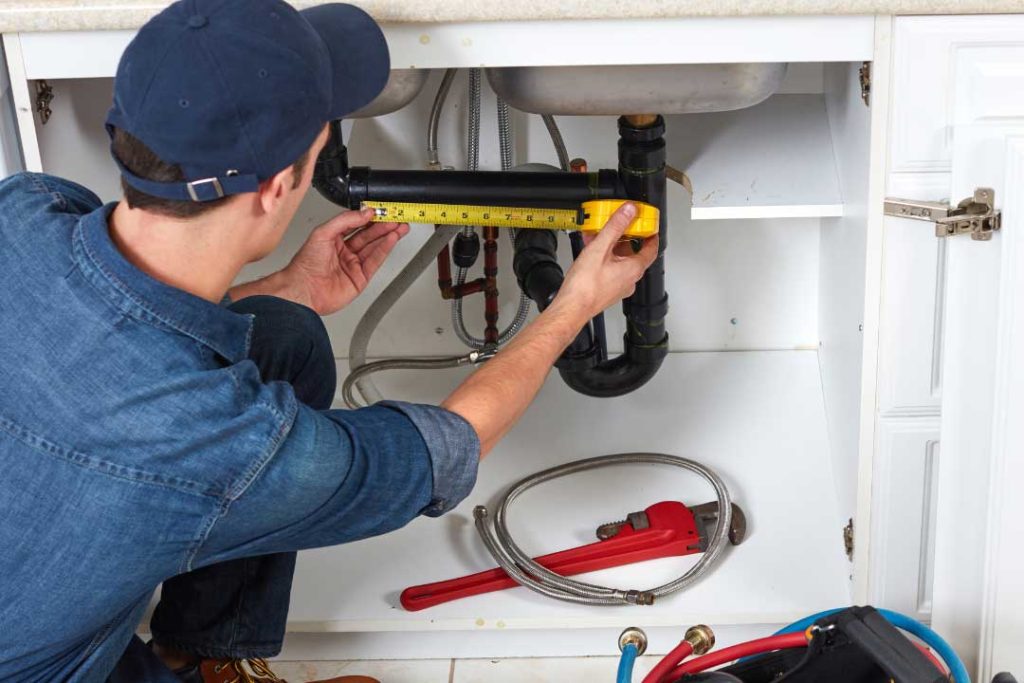How Do You Unblock A Severely Blocked Drain?
So you’ve noticed you have a blocked drain, now what? Blocked drains can be a big problem. It disrupts your daily routine and can even result in a smelly home if not addressed. How would you know if it’s severely blocked? Some signs are slow draining or not draining at all, gurgling noises you hear, and backfilling.
You have the option to do DIY plumbing work or call a professional plumber. As a guide, here are some ways you can try to unblock a severely blocked drain.
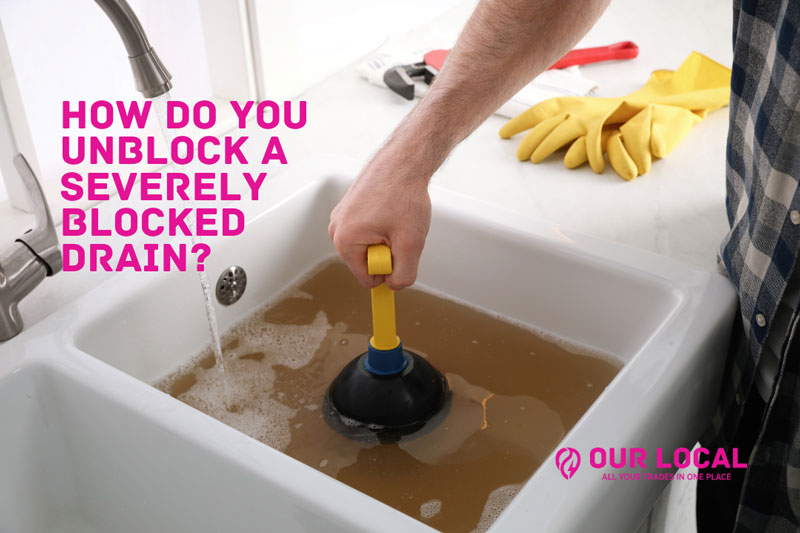
1. Manual Removal
- Tools Needed: Rubber gloves, flashlight, and a plumber’s snake or wire hanger.
- Method: First, remove the drain cover and use a flashlight to inspect the drain. If the blockage is visible and within reach, use your gloved hands or a bent wire hanger to pull out the obstruction.
2. Plunger
- Tools Needed: A sink plunger.
- Method: Place the plunger over the drain opening to create a seal and give several heavy plunges to dislodge the blockage. This method works best if there is a small amount of standing water to help create suction.
3. Plumber’s Snake (Drain Auger)
- Tools Needed: Plumber’s snake.
- Method: Insert the plumber's snake into the drain and push it down until you feel resistance. Rotate the snake against the blockage until you can push through or pull out the debris. This tool is particularly effective for deeper and more stubborn clogs.
4. Chemical Drain Cleaners
- Tools Needed: Commercial drain cleaner.
- Warning: Use chemical drain cleaners as a last resort and choose environmentally friendly options if possible. Chemicals can be harsh on your pipes and the environment.
- Method: Follow the manufacturer's instructions closely. Pour the recommended amount down the blocked drain, leave it for the specified time, and then flush with hot water.
5. Enzymatic Drain Cleaners
- Tools Needed: Enzymatic drain cleaner.
- Method: These cleaners use natural enzymes to eat away at organic material causing the blockage. They are safer for your pipes and the environment but may require more time to work effectively.
6. Hot Water Flush
- Method: Sometimes a simple hot water flush can help dissolve the blockage, especially if it’s greasy or soapy residue. Boil a kettle of water and pour it directly down the drain in two or three stages, allowing the hot water to work on the blockage between each pour.
7. Dish Detergent and Hot Water
- Method: For greasy blockages, squirt a generous amount of dish detergent into the drain followed by a kettle of boiling water. The detergent can help break down the grease, allowing it to flush away.
8. Baking Soda and Vinegar
- Tools Needed: Baking soda, vinegar, and boiling water.
- Method: Pour half a cup of baking soda down the drain, followed by half a cup of white vinegar. Cover the drain to keep the reaction below the surface, enhancing its effectiveness. Wait an hour or so, then flush with boiling water. This natural method is often effective for mild to moderate blockages.
9. Hire a Professional
- If all else fails, or if you feel uncomfortable performing any of these methods, it might be time to call a professional plumber. Severe blockages, especially those deep within the main drainage system, may require professional tools and expertise to resolve effectively.
Handling a severely blocked drain can vary in difficulty, so it’s important to choose the method that best suits the severity and type of the blockage. Regular maintenance can prevent these severe clogs, so consider regular checks and minor cleaning to keep everything flowing smoothly.
Our Local Plumber in Melbourne Can Unblock Drains
For all your plumbing needs in Melbourne, trust Our Local Plumber to deliver exceptional service. Reach out to us to schedule an appointment or request emergency assistance. Experience the difference with our reliable and professional plumbing services today! Call our team at 03 9909 5307 or book a plumber Melbourne online.

